In a country blessed with abundant sunshine, solar panels beckon as a promising source of renewable energy. This comprehensive guide is tailored for you—to ensure you’re well-equipped to make informed decisions about setting up solar panels for your home. But before you take the plunge, it’s crucial to understand the key factors that influence your solar journey.
Benefits of Solar Panels for Your Home
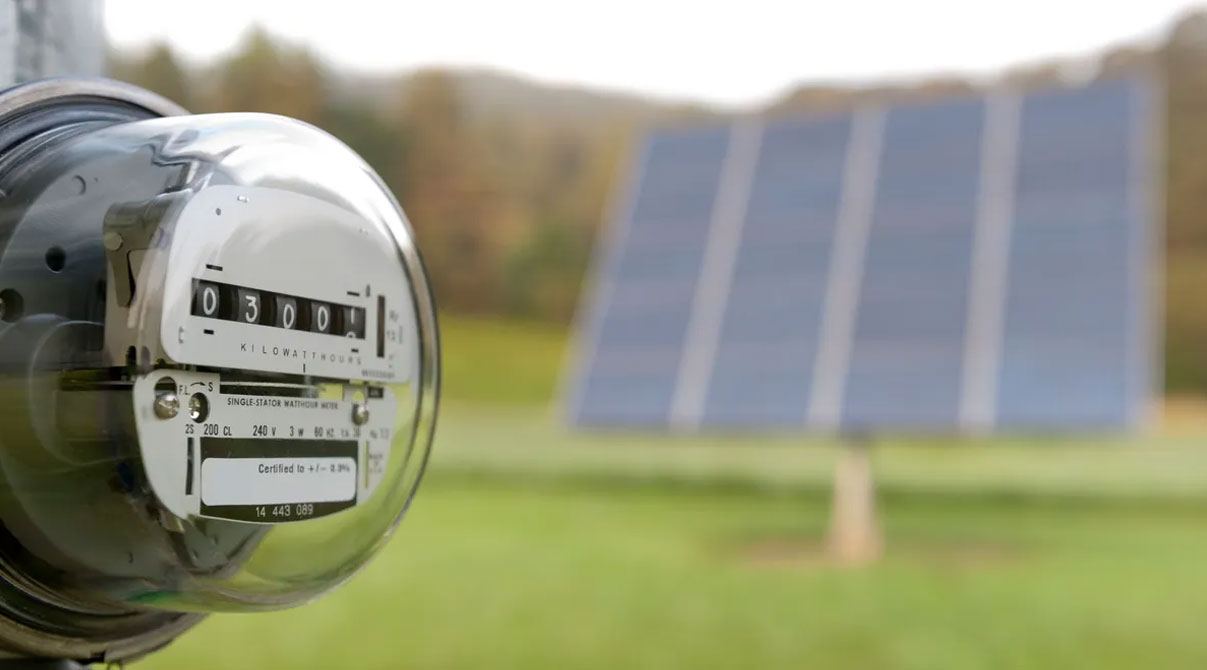
In a world where sustainability and savings are paramount, solar panel benefits stand as a beacon of hope. Imagine harnessing the boundless energy of the sun to light up your home in Pakistan, reduce your electricity bills, and contribute to a greener planet. Solar panels serve as a transformative technology for your home, converting sunlight into usable electricity through photovoltaic cells. This not only translates to substantial cost savings for homeowners but also reduces dependency on non-renewable energy sources.
Assessing Solar Suitability for Solar Panel Installation
Assessing the suitability of a location for installing solar panels in your home is a crucial initial step in transitioning towards sustainable energy solutions. It involves a meticulous evaluation of various factors that directly influence the efficiency and effectiveness of a solar system. The most pivotal consideration
Location
Location, location, location! The positioning of your solar panel setup is pivotal. For maximum efficiency, they should ideally face south and receive minimal shading. However, flexible mounting options, such as ground installations, can make solar panels work in various settings.
Sunlight Availability
The primary consideration for installation is to position solar panels on the rooftop of your home, in an area that receives an abundance of sunlight throughout the day. Solar panels thrive in direct sunlight, and the more hours they spend basking in the sun’s glow, the more electricity they can generate. However, achieving this ideal placement requires a thorough assessment of your property.
Shading and Obstructions
Shading and obstructions are formidable adversaries to solar panels. Trees, neighboring structures, or even chimneys can cast shadows that diminish the panels’ performance. Even a small amount of shading can have a notable impact on energy production. Therefore, a meticulous evaluation of potential obstructions is essential to identify any shading issues that need to be mitigated.
Climate Considerations
Climate considerations play a pivotal role in determining the efficiency of solar panels for your home. Temperature, for instance, directly influences the performance of photovoltaic cells. High temperatures can lead to a decrease in efficiency, as solar panels work best when cool. Wind can also be a factor, potentially affecting the structural integrity of the panels if not securely installed.
Seasonal changes in sunlight duration and angle can impact energy production, with shorter days in winter and changes in the sun’s position affecting output. Protection from dust and debris is crucial, as even a thin layer can diminish panel performance. Regular cleaning and maintenance are essential to ensure maximum efficiency. Therefore, understanding and accounting for these climate-related factors is fundamental in optimizing the effectiveness of solar panels installations at home.
Roof Assessment
Before embarking on your solar journey, it’s essential to assess your roof’s condition. Ensure it’s structurally sound and free of leaks. Any needed repairs should be addressed beforehand to prevent complications during installation.
Your home roof is not just the canvas for where your energy transformation takes place; it’s also the foundation that supports the added weight of the solar panels setup. Neglecting this crucial aspect can lead to significant issues down the line. Therefore, conducting a thorough inspection is paramount.
Leaky Roofs
During this inspection, a trained professional will scrutinize your roof’s condition, taking into account various factors that could affect its ability to bear the weight of solar panels. These factors may include the age and materials of your roof, as well as any existing damage or wear and tear. The aim is to identify any weaknesses or vulnerabilities that could compromise the safety and longevity of your solar panel installation.
Structural Soundness of your Roof
Identifying and addressing these issues in advance not only ensures the structural soundness of your roof but also contributes to the overall safety of your home and your solar panel system. Reinforcements or repairs, if needed, can be undertaken promptly, preventing potential damage or accidents in the future.
By proactively addressing any roof-related concerns, you set the stage for a secure and long-lasting solar panels installation at your home. This approach not only protects your investment but also provides peace of mind, knowing that your solar panels are installed on a strong and reliable foundation, ready to harness the power of the sun for years to come.
Shape of Your Roof Matters
Different roof shapes like flat or pitched roofs, may require specific installation methods. Additionally, the angle of your roof can affect how efficiently your panels capture sunlight. Whether you have a gable, hip, or flat roof, solar panels can be adapted to fit various configurations, so don’t let your roof’s shape deter you. Each roof type presents its unique set of challenges and opportunities for solar installation.
Flat roofs, for instance, necessitate specialized mounting systems to ensure the panels are positioned optimally for sunlight exposure. On the other hand, pitched roofs may require adjustments in the angle and direction of the panels to maximize energy absorption. Moreover, factors such as shading and obstructions need to be taken into account, as they can significantly impact the overall performance of your solar energy system. By considering the specific characteristics of your roof, you can make informed decisions to harness the full potential of solar energy for your home or business.
Structural Integrity
Navigating these considerations can be complex, which is why it is highly advisable to seek guidance from solar energy experts or professionals with experience in solar panel setup or installations. These experts can conduct a thorough site assessment, taking into account your specific geographical location and potential obstructions, to determine the optimal placement for your panels.
Solar Panels Price in Pakistan: Balancing Cost and Quality
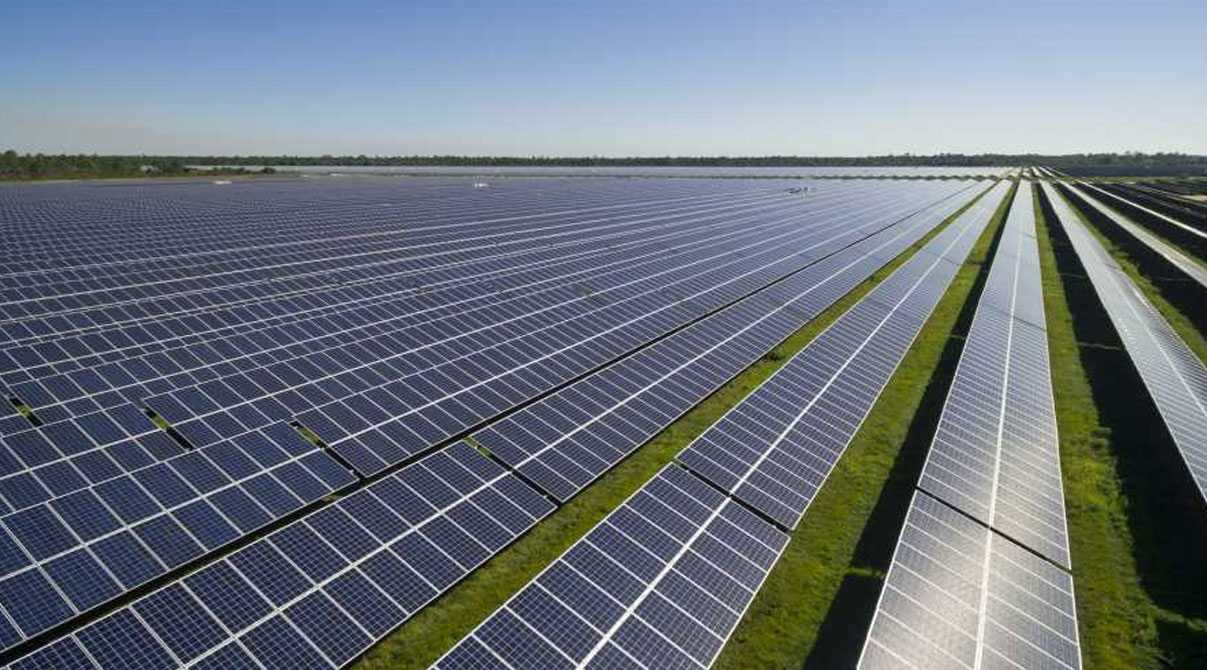
Prices can vary widely based on factors like brand, type, and efficiency. Investing in panels that strike the right balance between affordability and performance ensures long-term savings. On average, a residential solar panel system in Pakistan is priced between PKR 350,000 to PKR 1,200,000.
The price of solar panels can fluctuate significantly, influenced by a multitude of factors, including the type of panels you choose for your home, their quality, and the expenses tied to the installation process. Therefore, embarking on your journey of solar panel installation with informed decision-making is paramount.
While the temptation to opt for the lowest price is strong, remember that quality matters. In this endeavor, diligent research and thorough price comparisons from established and reputable suppliers will be your guiding light. By undertaking this essential task, you not only safeguard your investment but also maximize the value you receive in return. After all, the right combination of cost and quality will not only make the solar panels installation at your home cost-effective but also ensure it’s a sustainable, eco-friendly choice for the long run.
Budget and Financing
Conducting a thorough financial assessment, factoring in upfront expenses, incentives, and long-term savings, is pivotal in ascertaining the genuine economic advantages of adopting solar panels for your home in Pakistan.
Upfront Costs in Pakistan
In Pakistan, the initial expenses tied to the installation of solar panels can fluctuate based on diverse factors. The most substantial portion of this upfront investment is usually allocated to the actual solar panels, followed by the inverter, mounting equipment, and electrical components. Additionally, costs for labor and installation are integrated into the overall expenditure. It’s imperative to request comprehensive quotations from reputable installers to obtain a precise estimate tailored to your specific requirements.
Incentives and Tax Credits
Pakistan has made considerable strides in incentivizing the adoption of renewable energy, particularly solar power. Both federal and provincial governments in Pakistan provide subsidies for residential solar installations. These subsidies can substantially offset the initial costs, rendering solar energy more accessible to a broader demographic.
Moreover, certain banks in Pakistan extend eco-friendly financing options designed explicitly for renewable energy projects, encompassing solar panel installations. These loans often feature favorable terms and reduced interest rates.
Long-Term Cost Savings in Pakistan
The prolonged economic benefits associated with solar panels in Pakistan are substantial. Thanks to the abundance of sunlight throughout the year, solar panels can yield a considerable amount of electricity, diminishing reliance on the conventional grid. This results in a discernible reduction in monthly electricity bills.
Related: Big Tech Companies Ask Pakistan to Rework its Content Blocking Laws for Social Media
How to Choose the Best Solar System?
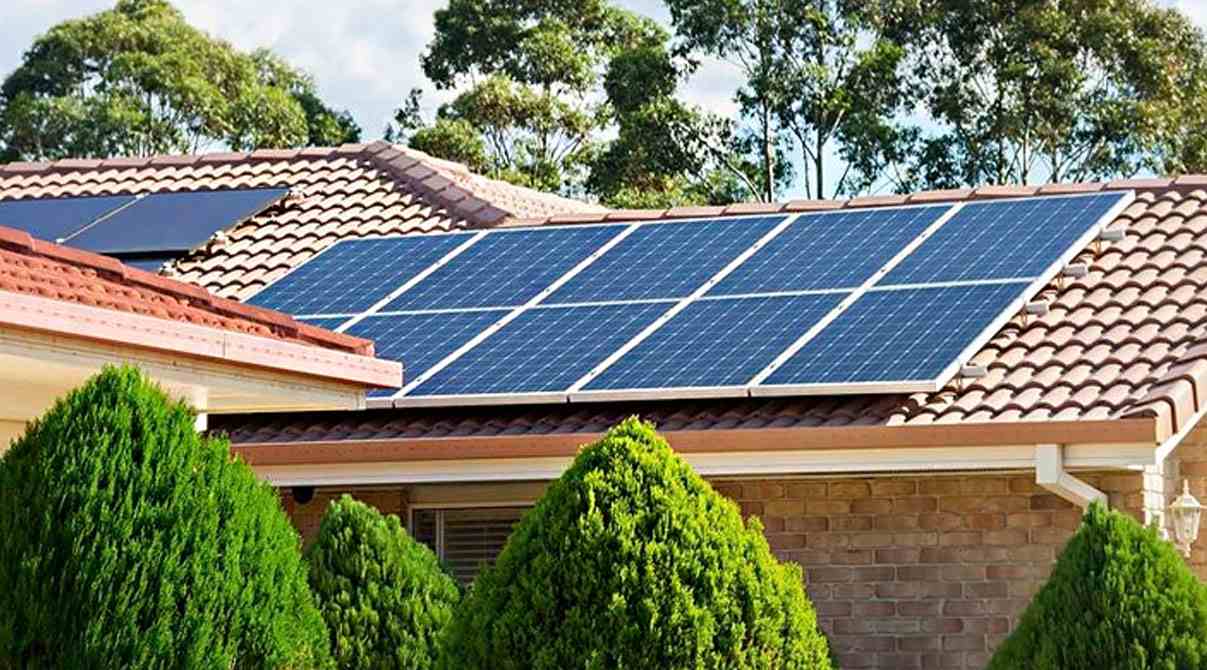
When it comes to choosing the perfect solar panels for your home, it’s a multifaceted decision that hinges on careful evaluation of your energy needs and financial considerations. To make the right choice, you’ll want to take several crucial factors into account.
Research The Type of Solar Panels: Efficiency and Longevity
Solar panels offer a diverse range of choices, each with its own set of pros and cons. Understanding these options is essential to make the right decision for your specific needs, budget, and sustainability goals.
Monocrystalline Solar Panels
One of the most popular types is monocrystalline solar panels. These are known for their efficiency and space-saving design as major solar panel benefits. Monocrystalline panels are highly efficient in converting sunlight into electricity, making them an excellent choice if you have limited roof space. While they tend to be slightly more expensive upfront, their efficiency often results in long-term savings on your energy bills.
Polycrystalline Solar Panels
On the other hand, polycrystalline solar panels are recognized for their cost-effectiveness. They are typically more affordable than monocrystalline panels and offer respectable efficiency. If you have ample roof space and are looking for a budget-friendly option, polycrystalline panels might be the way to go. Keep in mind that they may require a bit more space to generate the same amount of electricity as their monocrystalline counterparts.
Thin-Film Solar Panels
Thin-film solar panels are another intriguing choice. They are lightweight, flexible, and less expensive to manufacture. These panels are ideal for unconventional installation sites or situations where aesthetics are a concern. However, they tend to be less efficient than crystalline panels and may require more significant surface area.
To determine the ideal panel type for your home, it’s crucial to weigh the benefits and drawbacks of each option against your objectives. Consider factors such as available space, budget constraints, and your long-term energy goals. If you’re unsure which path to take, consulting with a solar expert can provide invaluable insights and help you select the perfect solar panel type to meet your unique needs.
Evaluating Your Energy Needs
Start by assessing your energy requirements. Understanding how much electricity your household consumes on a daily and seasonal basis provides a solid foundation for selecting the ideal system. It’s essential to strike a balance between generating enough solar power to meet your needs and ensuring the system aligns with your budget.
Maximizing Panel Efficiency
Panel efficiency is another critical aspect to contemplate. More efficient solar panels can generate more electricity from the same amount of sunlight, potentially leading to greater energy savings over time. Additionally, consider the types of inverters available, as they play a pivotal role in converting solar energy into usable electricity.
Battery Storage: Tailoring to Your Needs
For those aiming to maximize self-sufficiency and energy resilience, exploring battery storage options is worth considering. Batteries can store excess energy generated during sunny periods for use when the sun isn’t shining, reducing reliance on the grid and enhancing your overall energy independence.
Selecting the right solar system is a holistic process that blends your energy consumption patterns, budgetary considerations, panel efficiency, inverter options, and potential battery storage. By carefully evaluating these factors and seeking guidance from solar professionals if needed, you can make a well-informed decision that not only fulfills your energy needs but also aligns with your financial goals.
Installation Process
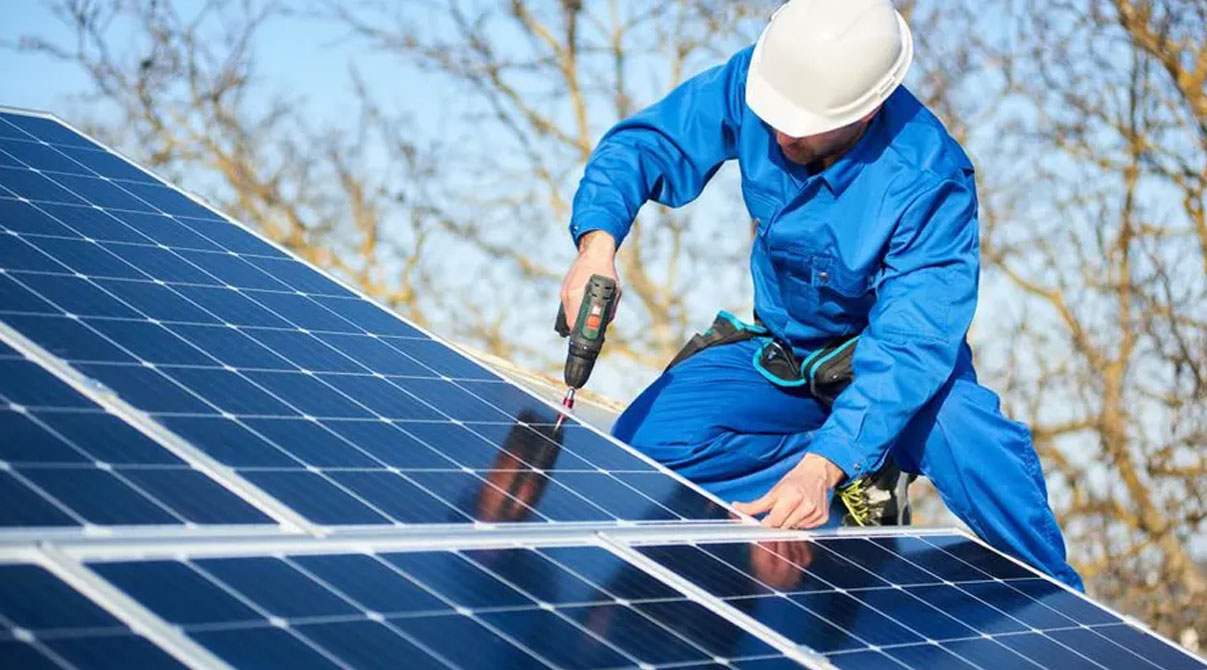
The installation process of solar panels is a pivotal stage in transitioning towards a sustainable and energy-efficient future. It involves a series of carefully orchestrated steps, each crucial in harnessing the power of the sun to generate clean, renewable electricity.
Hiring a Reputable Installer
Engaging a reputable solar panel installer marks the initial and essential stage of the installation process. It is vital to conduct thorough research, seeking out companies with a proven track record in successful solar installations. Look for certifications, peruse customer reviews, and don’t hesitate to request referrals from trusted sources. A distinguished installer will evaluate your property, factoring in crucial elements like roof condition, orientation, and potential shading. Additionally, they will furnish you with a comprehensive quote, defining all associated costs, system specifications, and anticipated energy production. This initial consultation is paramount in tailoring the solar panel system to align precisely with your unique needs and circumstances.
Timeline and Permits
Following the selection of your installer, a collaborative effort will be initiated to establish a clear timeline for the installation process. This timeline will encompass pivotal milestones such as the design phase, permitting procedures, equipment procurement, and the actual installation itself. The duration of this process may vary contingent on factors including system size, intricacy, and any requisite roof repairs.
Securing the necessary permits is an essential prerequisite prior to the installation. Typically, your chosen installer will lead this work, ensuring that all essential documentation and approvals are in place. This may involve the submission of applications to local authorities, homeowner associations, or utility companies. The permitting process is instrumental in guaranteeing that your solar panel system adheres rigorously to all local regulations and safety standards.
Connection to the Electrical System
Throughout the installation process, a proficient team will be present on-site, overseeing the precise mounting of the solar panels, their seamless integration with your electrical system, and the installation of an inverter to proficiently convert solar energy into a usable form of electricity. This dedicated team will also conduct a battery of tests to validate that the system is performing optimally and securely.
Ask for Recommendations: Tapping into Experience
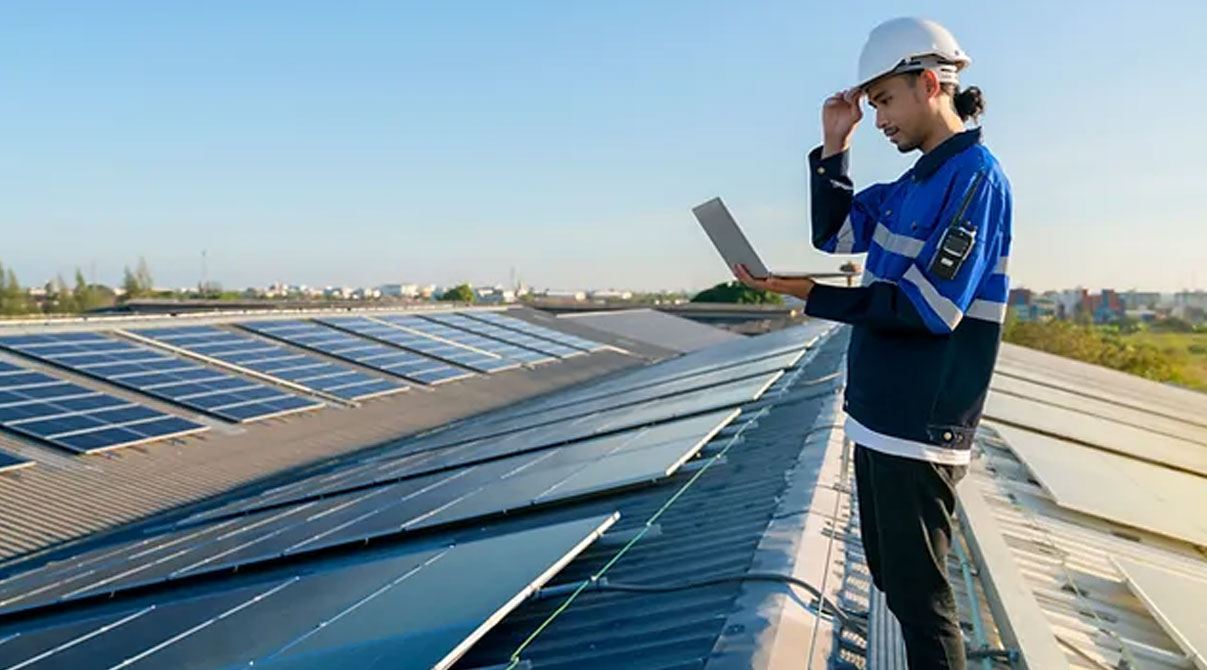
Never underestimate the power of seeking recommendations when you’re venturing into the world of solar energy. It’s a step that can significantly streamline your decision-making process for solar panel installation and lead you to reputable installers and top-notch equipment.
Leveraging Personal Connections
Start by turning to your circle of friends and neighbors. Those who have already embarked on their solar journey can provide invaluable insights and firsthand experiences. They can share details about the installation process, the performance of their solar systems, and their overall satisfaction with the equipment and services they received. These personal anecdotes can be incredibly enlightening and help you make informed choices.
Tapping into Professional Expertise
Additionally, don’t hesitate to tap into the expertise of professionals in the solar industry. They possess a wealth of knowledge about the best installers, equipment brands, and industry trends. By consulting with these experts, you can gain a deeper understanding of what to look for and what to avoid when making your solar investment.
In essence, seeking recommendations is akin to having a trusted guide of purchasing the best solar panel in Pakistan. It can save you time, money, and potential headaches by steering you toward reliable sources and ensuring that your solar installation is a success story waiting to happen. Selecting the best solar panel anywhere involves considering several crucial factors, including efficiency, quality, and your budget constraints. So, don’t be shy—reach out to those who have walked this path before and let their wisdom light the way.
Top Brands to Consider When Buying Solar Panels
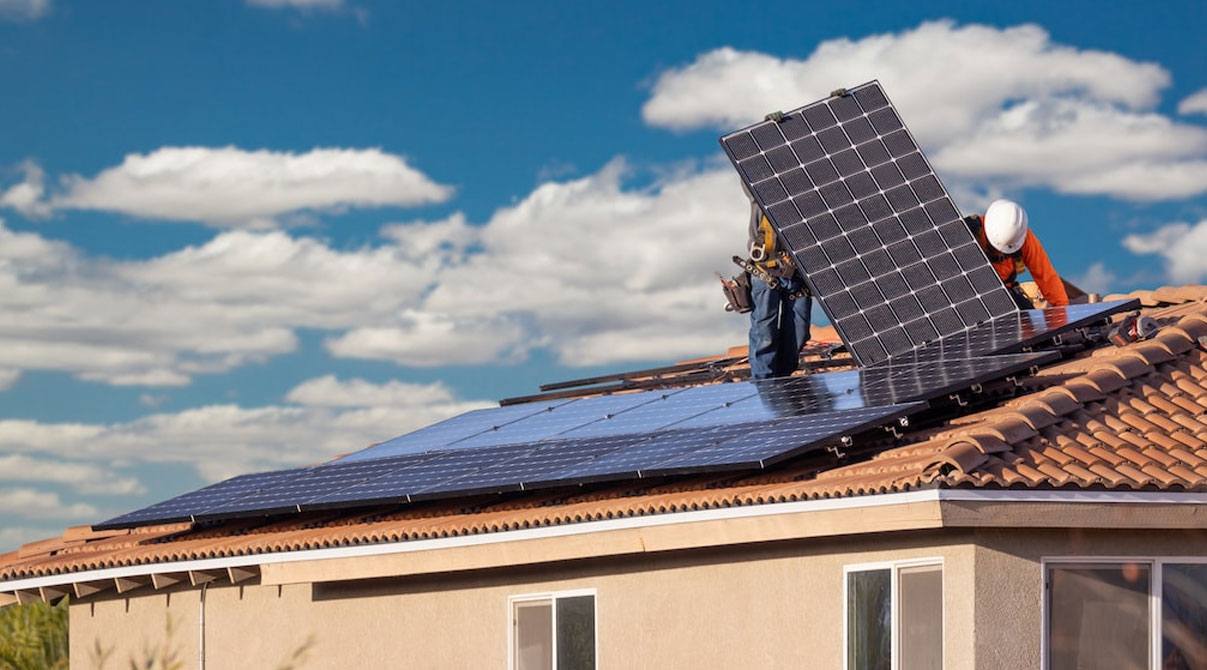
Reputable brands are known for their top-notch solar panels, including JA Solar, Canadian Solar, and Jinko Solar. These manufacturers offer a wide range of high-quality solar panels tailored to meet the diverse energy needs of Pakistani consumers.
JA Solar
JA Solar, is acclaimed for its cutting-edge solar solutions. Their panels boast high conversion rates, ensuring a substantial portion of sunlight is efficiently transformed into usable electricity. This feature makes JA Solar a preferred choice for consumers seeking to maximize energy output from their solar installations.
Canadian Solar
Canadian Solar, another powerhouse in the field, has made a substantial impact on the global solar market. Their panels are recognized for their robust build and advanced solar cell technology. Offering a diverse range of panel options, Canadian Solar caters to a spectrum of installation scenarios and energy demands. This versatility empowers consumers to select panels that align precisely with their specific needs, be it for residential, commercial, or industrial applications.
Jinko Solar
Jinko Solar, a key player in the industry, places a strong emphasis on innovation and quality. Their solar panels are engineered to endure diverse environmental conditions, ensuring longevity and consistent performance over the system’s lifespan. Jinko Solar’s commitment to research and development leads to panels that push the boundaries of solar technology.
In addition to providing high-quality solar panels, these leading brands offer comprehensive warranties and support services. This guarantees that consumers can trust in the reliability and durability of their solar investments. With an extensive array of panel options available from these reputable manufacturers, Pakistani consumers have the flexibility to choose solar solutions that best suit their individual energy requirements and preferences. Opting for panels from established brands like JA Solar, Canadian Solar, and Jinko Solar is a prudent step towards harnessing the full potential of solar energy in Pakistan.
Related: STZA – Special Technology Authority Act
Net Metering: Maximizing Savings
Understand the concept of net metering, which allows you to sell surplus energy back to the grid. This can significantly reduce your energy bills and provide a return on your solar investment.
Net metering is an approved billing method sanctioned by the National Electric Power Regulatory Authority (NEPRA). This mechanism allows distribution companies to credit surplus energy units generated by users against their consumed units. In practical terms, households can feed excess solar energy into the grid, leading to a reduction in their utility bills.
However, it’s important to note that the process entails several steps. Following the installation of the solar power system, an application must be submitted to adhere to the Net Metering Regulations. Upon approval, a thorough inspection will be conducted by the relevant department. If the installation meets the stipulated standards, a No Objection Certificate (NOC) will be issued.
Subsequently, a net metering agreement must be established with the local power distribution provider, such as LESCO in Lahore. This agreement will then be forwarded to NEPRA for further processing. Upon confirmation and acceptance, a renewable energy-generating license will be issued, typically valid for a duration of three years. This license serves as official recognition of your status as a renewable energy producer.
This innovative approach empowers distribution companies to account for the surplus energy generated by users with solar panels by providing them with credits that offset their electricity consumption.
Will Solar Energy Be My Sole Source of Energy?
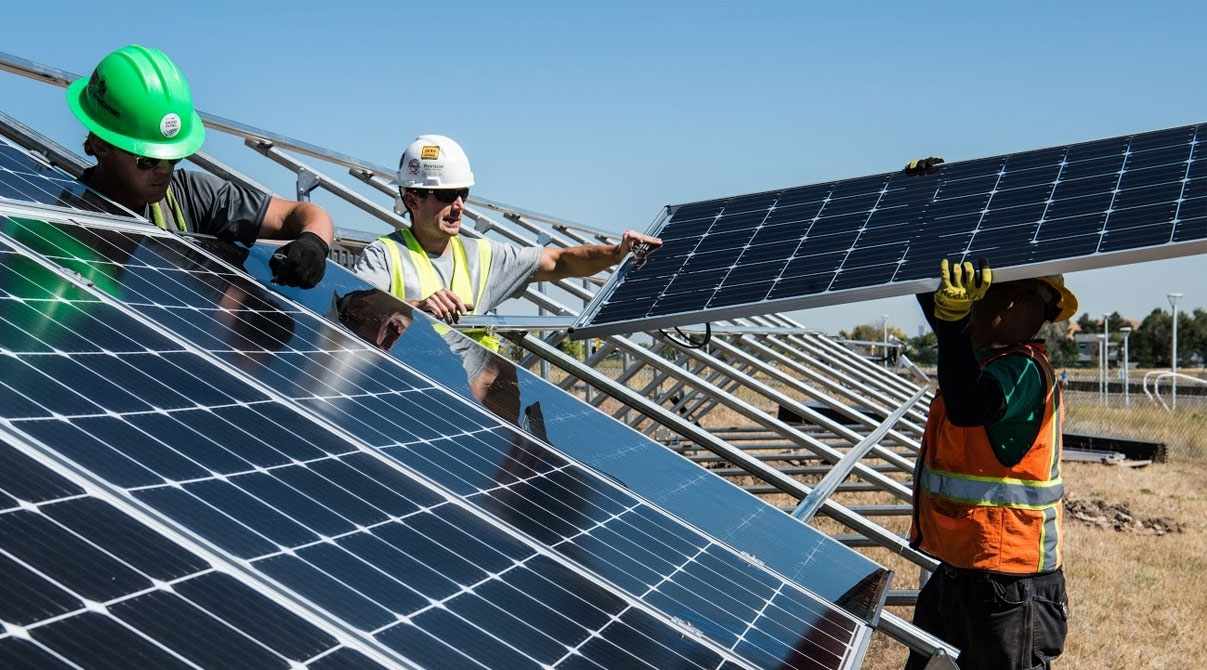
Decide whether you want solar energy to be your primary or secondary power source. You can opt for a grid-tied system, an off-grid setup with battery storage, or a hybrid approach.
Going Grid Tied For Balance Power
If you opt for a grid-tied system, you essentially integrate solar power into your existing electrical setup. This means your solar panels generate electricity during the day, offsetting your grid usage and potentially reducing your utility bills. It’s a great way to harness solar power without fully severing your ties to the grid.
Embracing Energy Self-Sufficiency with Off-Grid Systems
On the other hand, if you’re drawn to energy self-sufficiency and want to make solar power your primary source, an off-grid system might be your choice. These setups are independent of the grid, relying on solar panels and battery storage to provide electricity around the clock. They’re ideal for remote locations or those looking to minimize their grid dependency.
The Hybrid Solution: Best of Both Worlds
A hybrid approach integrates the strengths of both approaches. It allows you to enjoy the benefits of solar power while having a backup in the form of the grid during cloudy days or high-energy consumption periods.
In a hybrid system, solar photovoltaic (PV) panels work in conjunction with the conventional grid. Solar panels harness sunlight to generate electricity, reducing reliance on the grid during sunny days. During cloudy days or high-demand periods, the grid seamlessly provides backup power, ensuring uninterrupted energy supply. This dynamic interplay between solar and grid power optimizes energy use.
The decision on how you integrate solar energy into your power ecosystem is a reflection of your energy goals, lifestyle, and location. Each approach has its merits, and by carefully weighing your options, you can determine the path that aligns perfectly with your vision for sustainable energy usage.
Future Expansions and Upgrades
In the ever-evolving landscape of solar energy, the horizon is rich with promise for expansions and advancements. With rapid technological strides and an escalating demand for sustainable energy solutions, the future of solar panels looks exceedingly bright. There will also be smarter systems to make sure solar panels get the most sunlight possible. We’ll see improvements in how solar power connects to our regular energy grid, making it more flexible and efficient. And, we’re finding new ways to recycle and reuse old solar panels, reducing waste.
Scalability of the Solar System
Unlike conventional energy sources, solar power offers a unique advantage in its ability to easily scale up or down according to specific requirements. For homeowners, this means the potential to start with a modest system size and gradually expand it over time to match increased energy demands. Similarly, businesses and industries can deploy solar solutions that align with their current consumption patterns and then seamlessly incorporate additional panels or storage capacity as their operations grow.
How Long is the Warranty on A Solar Panel?
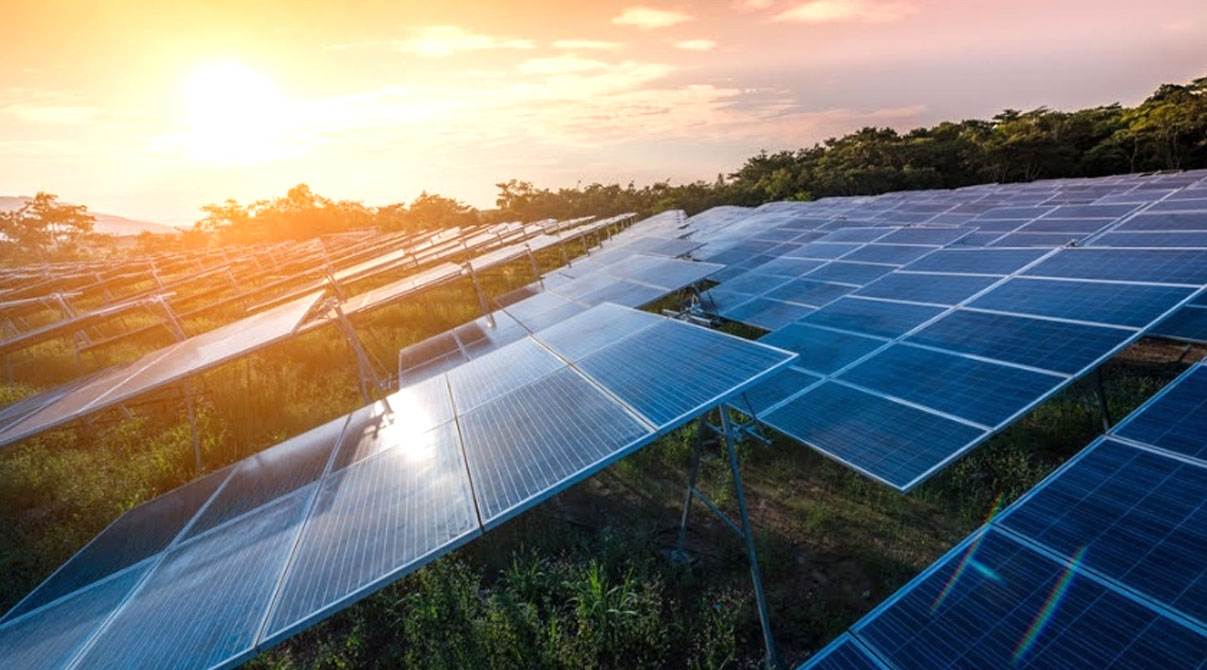
When you decide to invest in solar panels, you’re making a commitment to the long-term sustainability of your energy and finances. In this journey, warranties play a vital role in safeguarding your valuable investment. It’s crucial to delve into the nitty-gritty of the warranties provided by both the manufacturers and installers.
For instance, JA Solar is known for offering warranties ranging from 10 to 12 years, demonstrating their confidence in the durability and performance of their panels. Canadian Solar, a global leader in solar technology, provides warranties of up to 25 years, underlining their commitment to long-term reliability.
Jinko Solar, another trusted brand, offers warranties ranging from 10 to 12 years, with the option to extend coverage to 25 years. This highlights Jinko Solar’s dedication to ensuring the longevity and performance of their solar panels.
This knowledge empowers you to make informed decisions and ensures you receive the protection you deserve. Longer warranty periods often translate to added peace of mind, as they extend the duration during which your investment is shielded from unforeseen issues. So, when considering solar panels, remember that warranties are your safety net, assuring you that your solar energy journey is both reliable and secure.
Should I Lease Instead of Purchasing Solar Panels?
If the upfront cost of solar panels is a concern, leasing can be an option. Leasing is an attractive choice for those seeking lower upfront costs and minimal financial commitment. It’s akin to renting solar panels, where you pay a monthly fee to use them, but you don’t own the equipment. This can be an excellent option if you want to enjoy the benefits of solar energy without a substantial initial investment.
However, consider the long-term financial implications and whether purchasing might be a better investment. It offers the advantage of long-term ownership. When you buy solar panels, you become the owner of the equipment, which means you can benefit from any tax incentives or rebates available in your area. While the upfront cost is higher, it’s often seen as a smart financial move in the long run, as you can enjoy free energy from your panels after they’ve paid for themselves.
To make the right choice, carefully evaluate your financial goals and preferences. Consider factors like your budget, the duration you plan to stay in your current home, and the potential tax benefits. Each path has its merits, so weigh them against your unique circumstances to determine whether leasing or purchasing aligns better with your solar energy aspirations.
Considering the Impact: A Sustainable Future
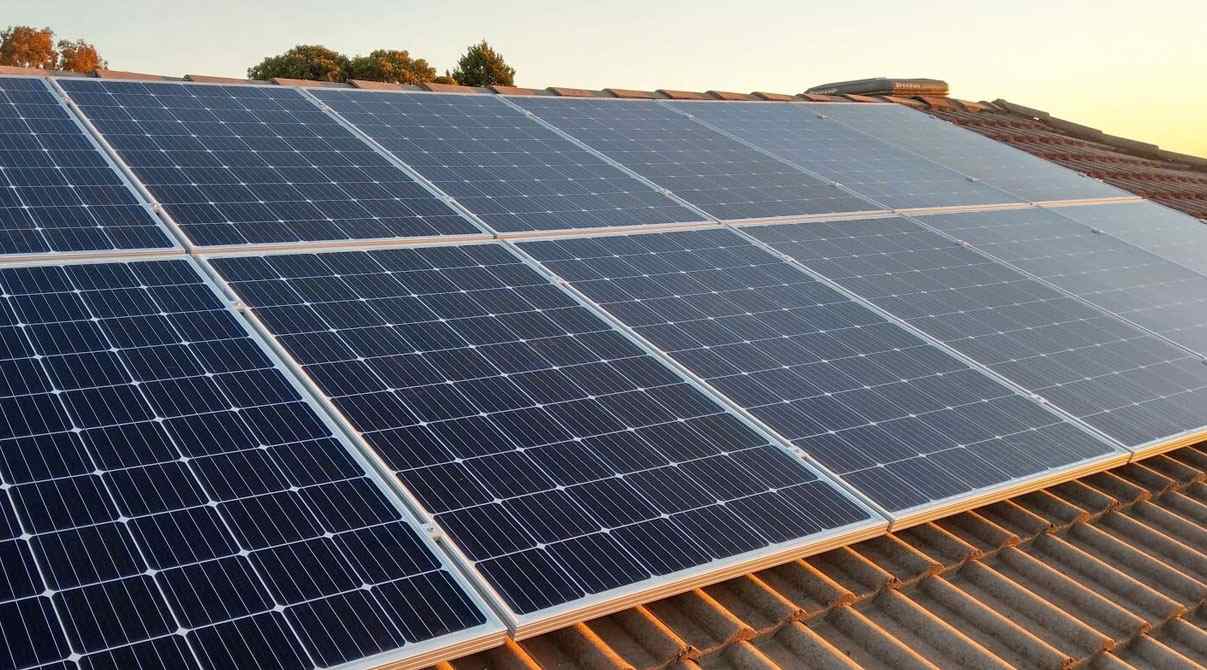
Setting up solar panels isn’t just about cost savings; it’s about reducing your carbon footprint and contributing to a sustainable future. Solar energy is clean, renewable, and environmentally friendly. Through your choice to harness solar power, you’re making a tangible contribution to a cleaner, healthier planet for current and future generations. The impact of this decision reverberates far beyond your individual savings, creating a positive ripple effect towards a more sustainable, eco-conscious world.
The Bottom Line
In conclusion, setting up solar panels for homes in Pakistan involves careful consideration of various factors. Balancing cost, quality, and sustainability is essential for solar panel installation. By making informed choices, you can enjoy the benefits of solar energy while helping protect our planet for future generations.
As you embark on this journey, remember that solar energy isn’t just about brightening your home; it’s about illuminating a brighter future for all. Start your solar adventure today, and together, we can power a more sustainable tomorrow.